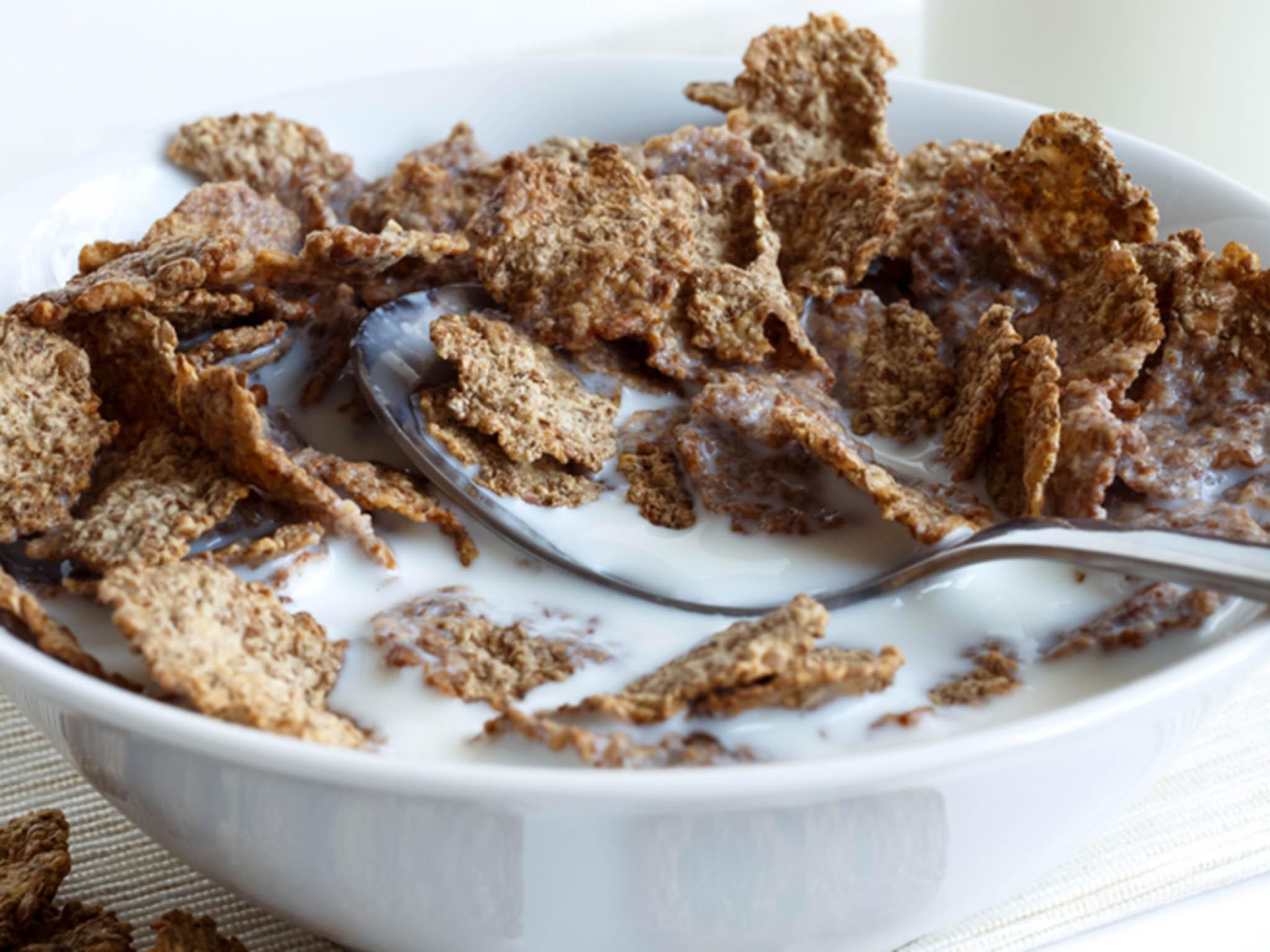Eat your fibre or face the flesh-eating microbe cannibals
Low fibre eaters gain weight more quickly and may be more susceptible to certain illnesses

“Eat your bran even if it tastes horrible – its good for you!” Many of us remember this advice from decades ago. While fibre has been a good cure as a bulking agent for exciting disorders such as constipation, it has a dull image and has faded into the background behind trendier (and more commercial) food messages including gluten, cholesterol, saturated fat and sugar. Often it can be the hardest item to find on the food label.
But fibre’s fortunes may now be on the turn. New research in the journal Cell Reports sheds light on how fibre works to protect the gut.
An international team used mice born and raised in sterile conditions with no gut microbes of their own. Normally, all animals from birth have a massive microbe community living mainly in the lower intestine (colon). In humans, this reaches 100 trillion microbes – outnumbering our own cells.
These microbes (mainly bacteria but also viruses and fungi) have evolved with us and produce many of our vitamins, hormones and chemicals. They are also key to regulating our immune systems, weight and mood. Abnormalities have been linked to many disorders. Humans have around 17 digestive enzymes and microbes have thousands – the primary role of microbes is digesting high-fibre foods (that we can’t) to extract the key nutrients.
In the experiment, the sterile mice received a transplant of 14 well-known bacteria that normally grow in the human gut. They were then starved of fibre, which led the microbes to change their normal eating habits and instead feed on the natural layer of mucus (made up of tasty carbs) lining the gut. This would be fine for short periods of time, when the body has time to regenerate the layer, but when it is prolonged – as in people on long-term junk food diets – the mucus layer becomes dangerously thin.
The new study showed that when the mucus layer is thinner because of a lack of fibre, the gut is much more susceptible to infections. Microbes more easily cross the gut wall into the blood stream. As well as infections this also causes irritation and inflammation of the colon – called colitis. This is believed to be the basis of many common modern gut problems. The team tried to rectify the problem by feeding the mice with prebiotics. They found that while real unprocessed fibre did the trick, when the mice were fed processed, supplement fibre such as inulin powder it didn’t work nearly as well.
What about humans?
What are the lessons we can learn for our own diets? It underlines first how crucial fibre is to our health. The TwinsUK study recently showed that low fibre eaters gain weight more quickly and have less microbial diversity. Most of us are eating far below the minimum recommendation of 25-30g per day, causing a deficiency that could explain modern epidemics such as food allergies and irritable bowel syndrome, which have been related to the ill-defined and hard-to-measure problem of “leaky gut”.
If we ate more fibre and increased the diversity and health of our microbes this could prevent many diseases. It also suggests that real plant food as a source of fibre is better than processed or refined fibre produced industrially. This has implications for the food industry – and, as with vitamin supplements, reinforces the view that (although we don’t yet know why) natural is best.
The new study also helps us understand why people on permanent junk food diets do so badly. As reported previously, 10 days of an intensive burger and fries diet can decimate the number (and diversity) of healthy microbes by up to 40 per cent.
This new work confirms that fibre starvation is the major factor affecting the microbes – not just fat and sugar overload. The clear message is that we need to regularly eat real plant fibre to keep our microbes happy and prevent them devouring our guts from the inside. Food for thought indeed.
This article first appeared on The Conversation (theconversation.com).Tim Spector is a professor of genetic epidemiology, at King's College London
Join our commenting forum
Join thought-provoking conversations, follow other Independent readers and see their replies
Comments
Bookmark popover
Removed from bookmarks